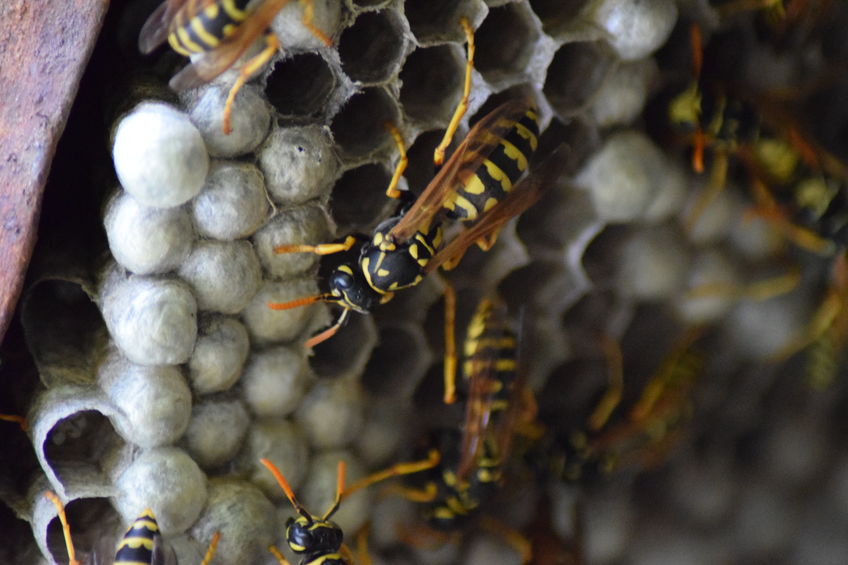Twenty-Five-Year-Old Beehive Found in Cincinnati Garage
April 30, 2018
In the past few weeks, the Cincinnati, Ohio Zoo, with help from a company called Morgan’s Canoe, rescued a honey bee colony consisting of at least 50,000 bees from a garage. However, what makes this common event so remarkable is the fact that this beehive is suspected of being at least 25 years old. The colony was roughly two miles away from the zoo over in Avondale, and experts on site believe the bees were colonizing in one of the garage’s walls for those two and a half decades, coming and going through small holes near the window.
The substantial period of time could explain how the colony grew to such a large size—regular worker honey bees often live around three or four weeks whereas the queen bees will live between three and five years. To extract the bees from the wall, a specific type of vacuum was utilized to suck the bees up safely to be transported by a local business man, Dirk Morgan. The vacuum uses a light air flow, but one that is just strong enough to draw the honey bees out without harming them.
Morgan also cut the beehive’s brood out—which contains the eggs, larvae, and baby bees—and placed it in a separate hive. This would prevent the bees from wanting to come back to the garage wall. Morgan said, "When these bees end up at the zoo, they'll have a home where they'll be taken care of, we can use them for education, put them in an observation hive to show kids the miracle of a bee being born.”
When stories like this one circulate, beekeepers and similarly concerned individuals take the chance to inform the public why it’s better the call someone to remove an inconvenient hive than to reach for the bug spray. Kari Bruskotter, who is part of the Butler County Beekeeper’s Association in Ohio, added that it is a win-win situation for beekeepers to get to remove swarming hives—the hive gets removed at little cost to you, and the beekeepers receive "free bees."
While current rates of bee decline around the world have stalled for now, Bruskotter says, there is still plenty of room for their numbers to recover. "You get them out of your house, and you get the satisfaction of knowing you're contributing to keeping our bees healthy," Bruskotter said. "Pollinators are required for a lot of the fruits and vegetables we eat—your plate gets very boring if we don't have natural pollinators around."
Copyright: fotogigi85 / 123RF Stock Photo


.jpg)



